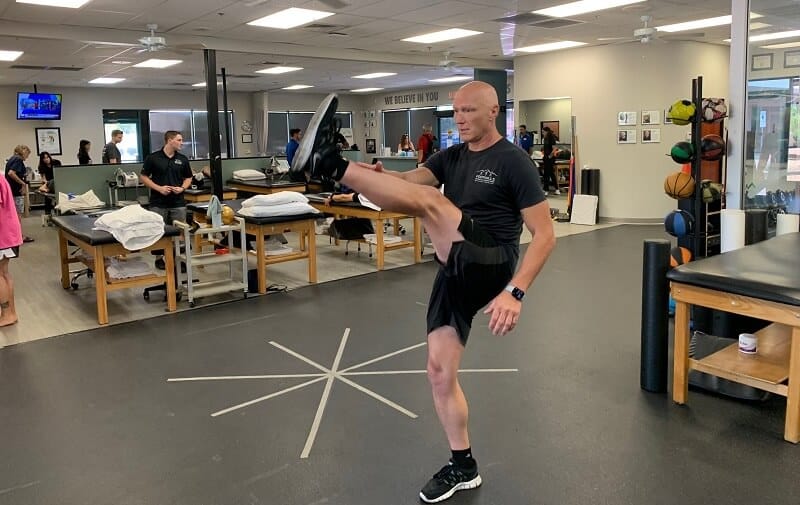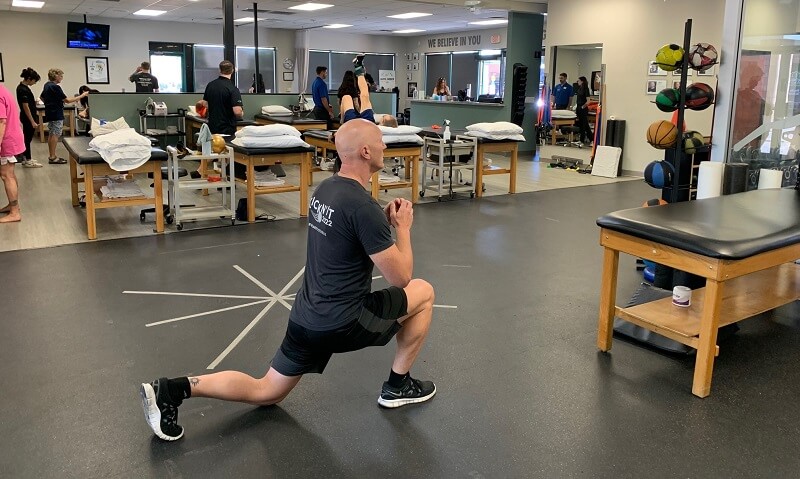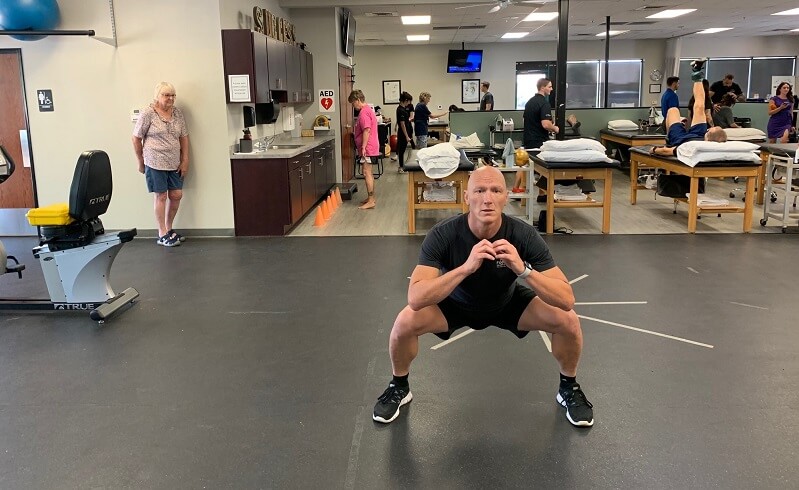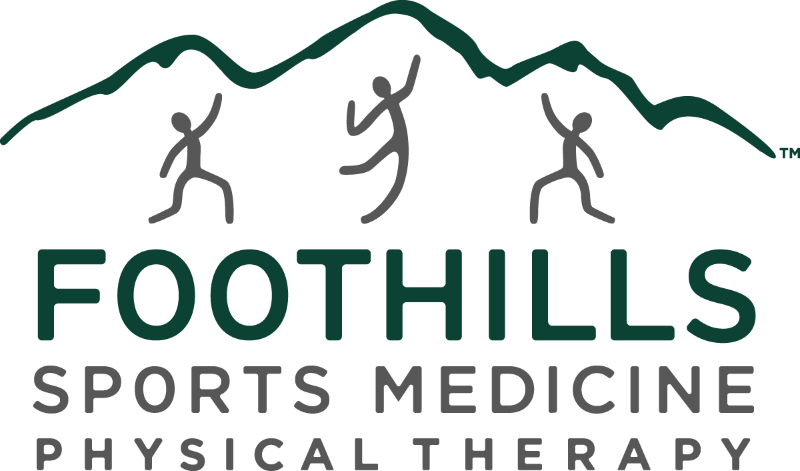By Lori Francoeur, PT, MSPT, CSCS Ahwatukee Clinic
Training for first-time marathon runners is a significant physical and mental endeavor that requires careful planning and preparation. The standard recommended time to start training for beginner and first-time marathon runners is around six months before the event date due to several important reasons:
Gradual Build-up
For individuals who are relatively new to running or haven’t run longer distances, it’s crucial to allow the body time to adapt to the increased demands of marathon training. Starting six months out allows for a gradual progression in terms of mileage and intensity, reducing the risk of overuse injuries and burnout.
Base Fitness
Many marathon training plans assume a certain base fitness level. Starting six months ahead allows beginners to establish a foundation of cardiovascular fitness and muscular strength before diving into the more intense phases of marathon training. This foundation helps prevent injuries and improves overall training effectiveness.
Injury Prevention
Running long distances stresses joints, muscles, and connective tissues. By giving yourself ample time to build up mileage and incorporate cross-training and strength exercises, you can address weaknesses and imbalances that might lead to injuries later in the training cycle. Six months allows for training volume, intensity, and recovery adjustments, which can help maximize performance gains and minimize the risk of plateauing.
Mental Preparation
Training for a marathon requires mental resilience as much as physical strength. Starting six months in advance allows beginners to gradually develop the mental fortitude needed to tackle the long distances and potential challenges of marathon running.
Nutritional and Hydration Strategies
Marathon training also involves understanding your body’s fueling and hydration needs during long runs. Starting early allows beginners to experiment with different nutrition and hydration strategies to find what works best for them.
Tips for First-time Marathon Runners
- Begin running 3-4 times a week. Maintain a conversational pace (be able to carry on a conversation as you run).
- Take it slow and use the 10% rule. Increase your mileage by no more than 10% each week until you get up to the 26.2 marathon distance three weeks before the race.
- Having the proper footwear is vital. I recommend getting fitted at a local specialty running store because our feet come in all shapes and sizes. You need enough arch support and cushioning to take all the pounding and reduce the chance of injury.
- Don’t run through pain! If you continue to push through the pain, it may prevent you from making it to the finish line. If you experience sharp or lingering pain, you need to cross-train (vary your fitness program by combining different types of exercise activities) or rest. See a physical therapist or healthcare professional if the pain persists for over two weeks.
How Does the Heat Impact Training?
Training in warm and high temperatures can lead to sweating more and losing more water and salt. Runners need to make sure they are continuously replenishing that. Hydration is first and foremost.
Heat exhaustion is a real issue for us out here in Phoenix. It can leave runners overheated, flushed, and fatigued. Sometimes, you can stop sweating and can pass out.

Tips to Beat the Heat
- We need to consider proper hydration. An excellent general guideline is to drink half of your body weight in ounces each day. So, for instance, if you weigh 170 pounds, you typically want to try to drink 85 ounces of water per day. And you will want to bring water on your run, sipping throughout.
- Be mindful of electrolytes. We are sweating more and losing sodium, so we need to replenish. Supplemental electrolyte tablets can be added to water, or opt for recovery drinks after a run.
- Beat the heat by running early in the morning before the sun comes up or get inside on a treadmill.
Stretching for Marathon Training
Before running, it is vital to prepare your muscles for movement by doing dynamic stretching. Dynamic stretching involves active movements that take your muscles and joints through their full range of motion, helping increase blood flow, improve flexibility, and prepare your body for running. Here are three dynamic stretches that should take no longer than 2-3 minutes that are specifically tailored for long-distance running:

High Kicks
Begin by standing tall with your feet placed shoulder-width apart. Maintain this posture as you raise your right leg as high as possible and step forward. Try not to round your lower back. Repeat with the left leg and continue to alternate legs as you walk about 10-15 feet forward, turn around and repeat.

Walking Lunges
Step forward with your right leg, putting the weight into your heel. Bend the right knee, lowering it down so it’s parallel to the floor in a lunge position. Pause. Without moving your right leg, move your left foot forward, repeating the same movement on the left leg. Walk about 10-15 feet forward, turn around, and repeat.

Squat Walk Sidestep
Start standing with your feet shoulder-width apart. Get into a squat position and stay low as you step sideways. Walk one leg to the side, then follow with the other. Repeat to one side for 4-5 steps, then return to the start position and repeat.
First-time Marathon Runners Know Before You Go
Remember that individual needs and circumstances can vary, so it’s essential to consult with a medical professional or a running coach before embarking on a marathon training journey. They can help tailor a training plan that suits your fitness level, goals, and any specific considerations you might have.
See us at Foothills for a free evaluation to get a baseline assessment to see if any areas need to be addressed before you take on a new running regimen. We also do free 15-minute injury assessments if you get off to a rocky start.




